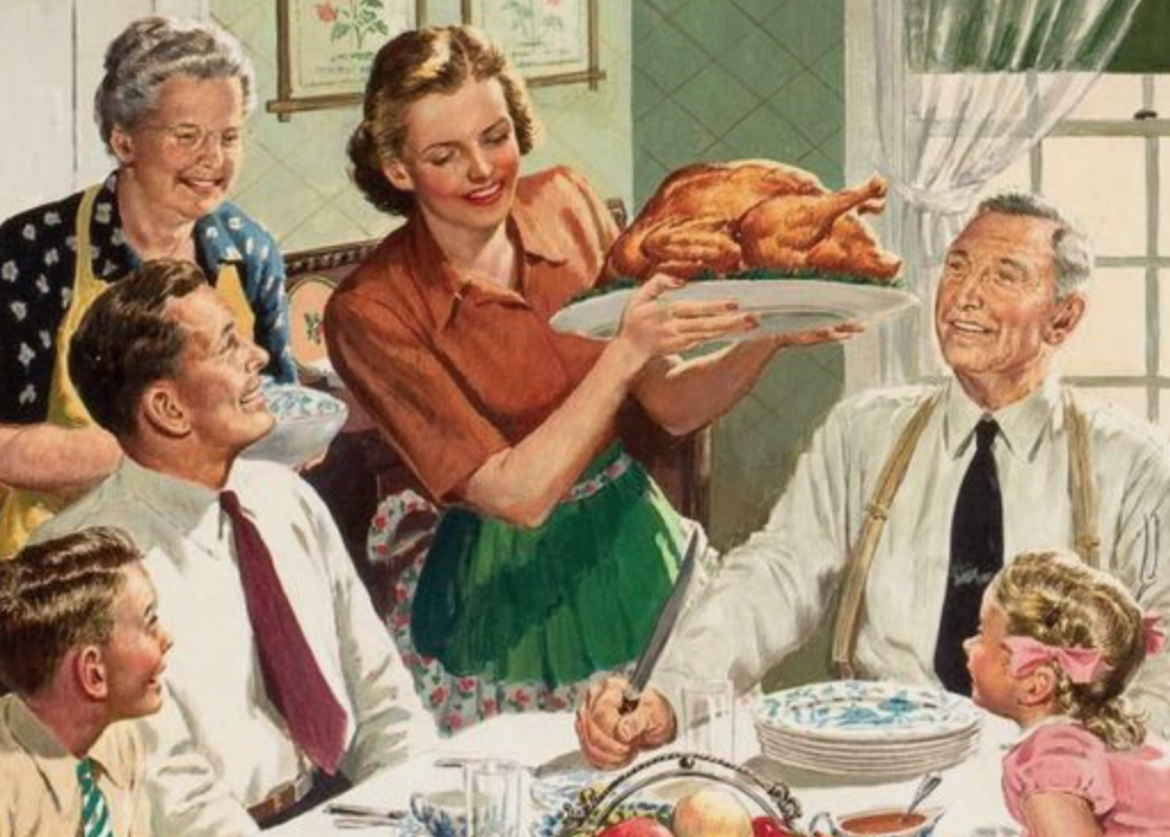Last month Cuba voted in what is being proclaimed as one of the most progressive laws: “The existence of multiple family models that break away from the traditional model”.
74% of Cubans voted for a new family code, with close to 70% choosing constitutional change. According to this new act; “The members of the families are bound to perform family and societal duties on the basis of love, affection, consideration, solidarity, fraternity, co-participation, protection, responsibility and mutual respect.”
But just what exactly does this mean? The old saying goes that “you can’t pick your family”. But, what if you technically could? This may sound come across as an absurd concept for some, but to other ears, it may sound emancipatory.
What if the idea of a functional family unit, where everyone gets along and spends Christmas together is not actually the rule, but the exception? Yes, many families are dysfunctional yet remain ‘closely knit’ throughout life – but this doesn’t work for everyone.
How conflicted must a child growing up in an extremely religious household feel about their queer identity, where coming out would mean walking away from the only support structure they know?
Article 81 of the Constitution of the Republic of Cuba now reads that “the State recognizes and protects the family, no matter how it is organized… Families may be constituted legally or by common law, based on love and the equality of rights, obligation and opportunities for its members.”
So why shouldn’t an unofficial family set-up, like precarious workers sharing a flat to save on rent, technically be registered as a family? Cuba’s new bill will give its citizens the right to build one.
“The left is trying to take grandma away, now, and confiscate kids, and this is supposed to be progressive? What the f*ck!?”
This is how Sophie Lewis opened her most recent book, Abolish the Family: A Manifesto for Care and Liberation. What if waving goodbye to the nuclear family was not a way of discarding the family, but creating new forms of care? i.e mothering against the world.
For Sophie Lewis, kinship is made, and not a given and so asks “How can we mother and unmother ourselves collectively in the now, in the spirit of mothering against motherhood, which is to say, mothering against the world?’
Written by: David Henning
Feature Image: Sugarpie Farmhouse

